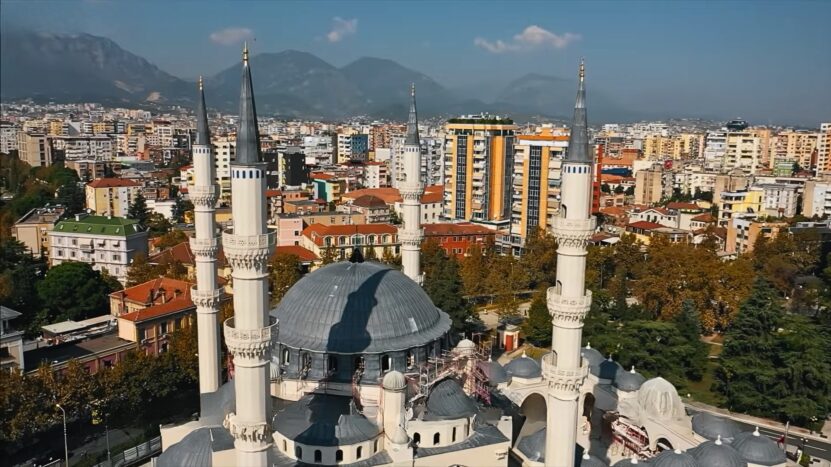Kosovo, located in Southeast Europe in the Balkan Peninsula, is a country with a rich and diverse tapestry of faiths and beliefs, and it has a fascinating religious landscape that has evolved over the centuries.
Here, we will learn about the main religion of Kosovo, examining its roots, evolution, and influences on the culture, politics, and daily life of the Kosovar people.
Islamic Influence: The Main Religion
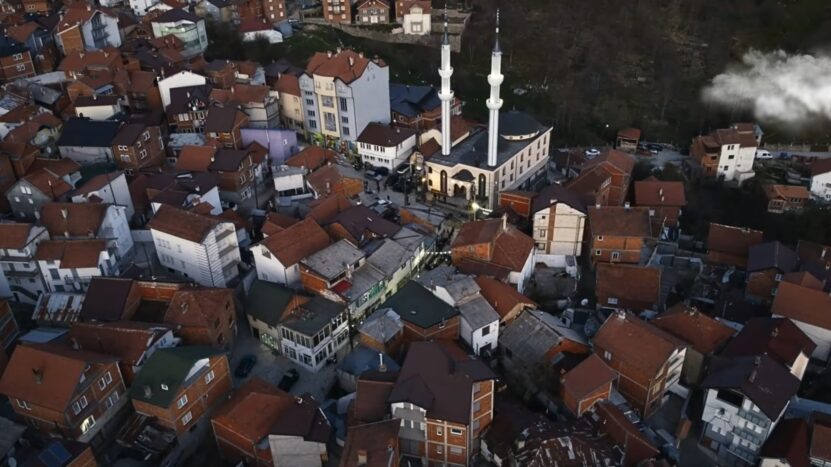
Islam, the predominant religion has played an instrumental role in shaping the cultural, social, and political landscapes of the country. Here, we explore the historical introduction of Islam to the region, its widespread acceptance, and its lasting impact on
Introduction and Spread
Islam was introduced to Kosovo in the late 14th and early 15th centuries, primarily due to the Ottoman conquest of the region. The Ottomans ruled this territory for several centuries, and during this period, a significant portion of the population converted to Islam.
The influence of Ottoman administration, culture, and religion left an enduring impact on Kosovo, creating a unique blend of local traditions with Islamic principles. The spread of Islam in Kosovo was gradual and largely non-coercive.
Many Kosovars adopted Islam due to the socio-economic and political advantages it offered under Ottoman rule. It harmoniously coexisted with other religions in the region, leading to the diversity in belief systems that Kosovo exhibits today.
Cultural and Social Impact
Islam has amalgamated with the local customs and traditions, creating a distinct form of practice. It emphasizes tolerance and coexistence, allowing for a harmonious relationship with other religious groups in the country.
Islamic traditions and values have been integrated into the daily lives of the Kosovar people, influencing their customs, festivals, and social norms. Muslims generally belong to the Sunni branch of Islam, with a minority adhering to Sufism.
The principles of Islamic faith have been intertwined with local traditions, and religious practices are often infused with cultural elements.
The Islamic community in Kosovo, despite being the majority, maintains a progressive and moderate approach, with an emphasis on religious harmony and mutual respect.
Christianity: A Significant Minority
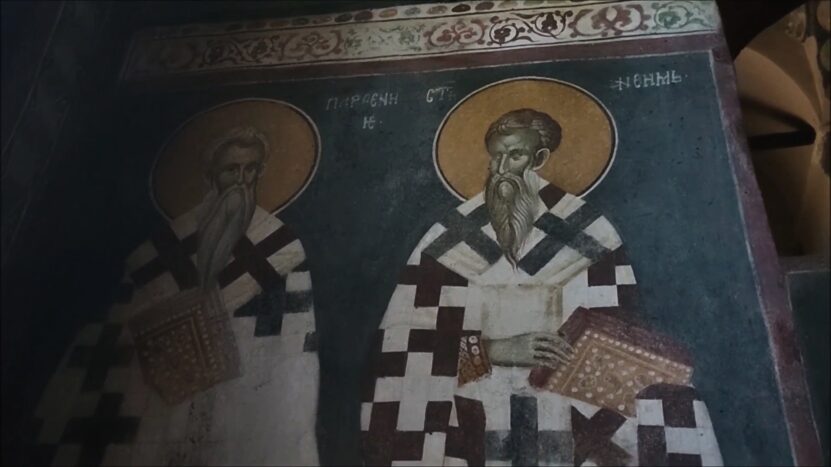
Christianity is another religion with historical roots and significant influence. Though not as predominant as Islam, Christianity has a substantial presence, and its historical journey and interaction with other religions are equally riveting.
Historical Presence
Christianity has been present in Kosovo since the Roman and Byzantine periods, long before the advent of Islam. The region has seen the spread of both Roman Catholicism and Eastern Orthodoxy, each establishing strongholds in different areas and communities.
Historical shifts and geopolitical changes have shaped the trajectory of Christianity in the region, causing fluctuations in its influence and adherents. The ancient monasteries and churches scattered across Kosovo stand as a testament to Christianity’s longstanding presence and influence.
They are symbols of the rich Christian heritage of the region, representing the enduring faith and resilience of the Christian communities. Many of these structures are protected and are significant pilgrimage sites for believers.
Interaction and Coexistence
The interaction between Christianity and Islam is marked by mutual respect and peaceful coexistence. The diverse religious landscape is a reflection of the tolerance and harmony that exist between different faith communities.
While there have been periods of tension and conflict, driven more by political and ethnic differences than religious ones, the overarching narrative is one of shared existence and cultural exchange. Interfaith dialogue and cooperation are essential components of social fabric.
Efforts from religious leaders and communities aim to strengthen the bonds between different faith groups, promoting understanding, respect, and shared values. Religious diversity is embraced as a crucial part ofidentity, contributing to the country’s rich cultural mosaic.
Religious Tolerance and Pluralism
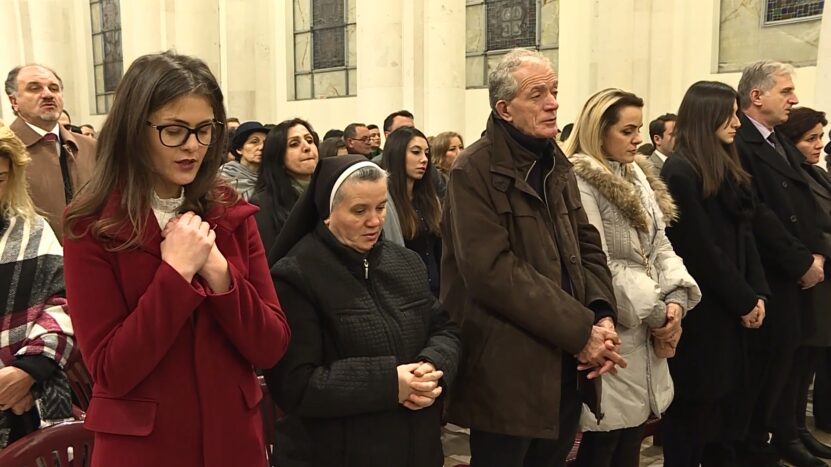
Kosovo’s multi-religious environment is a living embodiment of tolerance and pluralism. The interweaving of different faiths has created a society where diversity in beliefs is not just accepted but celebrated. This section will examine how religious tolerance is practiced and how it has become a defining characteristic of the nation.
Societal Harmony
Kosovo’s commitment to religious tolerance is manifested in the societal harmony prevalent among its diverse faith communities. The mutual respect and understanding that characterize interfaith relations are essential in maintaining peace and cohesion in this multifaceted society.
Events and forums promoting interfaith dialogue are regularly organized to fortify the bonds of unity and to address any emerging issues proactively. This emphasis on societal harmony is crucial in fostering a sense of shared identity among Kosovo’s citizens, transcending religious affiliations.
The inclusive atmosphere encourages dialogue and interaction among different faith groups, facilitating the exchange of ideas and values. This integration of diverse beliefs strengthens the collective identity and enriches its cultural tapestry.
Government and Legislation
The government actively promotes religious freedom and pluralism within its legislative framework. The Constitution guarantees the freedom of belief, conscience, and religion.
It ensures the equality of all individuals irrespective of their religious affiliations, fostering an environment where diverse faiths can flourish without fear of persecution or discrimination.
The legal provisions aimed at safeguarding religious freedom are pivotal in upholding the values of tolerance and respect in Kosovo’s pluralistic society.
The government’s commitment to protecting the rights of all faith communities underscores the importance of religious diversity in shaping the democratic and inclusive nature of the country.
Kosovo Demography
| Demographic Factor | Statistics |
|---|---|
| Population (Total) | Approximately 1.8 million |
| Population Growth Rate | 0.61% |
| Population Density | 157 people/square kilometer |
| Urban Population | Approximately 40% |
| Rural Population | Approximately 60% |
| Median Age | 29.1 years |
| Life Expectancy at Birth | 72.2 years (male), 77.8 years (female) |
| Birth Rate | 14.3 births/1,000 people |
| Death Rate | 7.2 deaths/1,000 people |
| Infant Mortality Rate | 10.6 deaths/1,000 live births |
| Fertility Rate | 1.84 children/woman |
| Ethnic Composition | Albanians (majority), Serbs, Bosniaks, Turks, and others |
| Official Languages | Albanian and Serbian |
| Religious Composition | Predominantly Muslim, with Christian minorities |
| Literacy Rate | Approximately 93% |
Minority Religions and Beliefs
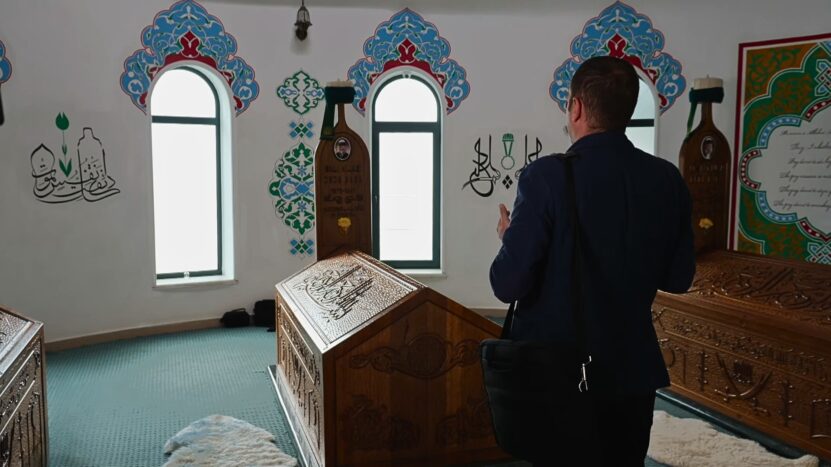
Beyond Islam and Christianity, Kosovo is home to a tapestry of minority religions and beliefs, each contributing its unique threads to the diverse spiritual landscape of the country. Exploring these minority faiths provides a more holistic understanding of the multifarious religious environment.
Bektashi Community
The Bektashi, a Sufi order originally from Turkey, is among the notable minority communities in Kosovo. The Bektashi community is recognized for its liberal and inclusive approach to Islam, emphasizing spiritual experience and coexistence.
The community’s presence enriches religious diversity and promotes tolerance and mutual understanding within the broader society. Bektashi’s teachings and practices, marked by their universalism and emphasis on human values, have found resonance among many.
The Bektashi community actively partakes in interfaith dialogue and works to foster harmony and shared understanding among different religious groups, thereby contributing to the country’s spiritual pluralism.
Jewish Presence
Kosovo has a long history of Jewish presence, dating back to Roman times. Although the Jewish community is small, its history and contributions to the society are significant. This community, despite its size, has been a vital part rich cultural tapestry, adding another layer to its diversity.
Over the years, the Jewish community has faced various challenges, including migration and the horrors of World War II, yet it remains an integral part of a diverse society.
The bonds between the Jewish community and other communities are characterized by mutual respect and shared cultural experiences, underscoring the prevailing theme of religious harmony in the country.
Role of Religion in Politics
In Kosovo, the interplay between religion and politics has been a significant aspect of its historical and contemporary narratives. Assessing the influence of religion on political structures, decisions, and ideologies provides insight into how faith shapes the public sphere.
Secularism and State
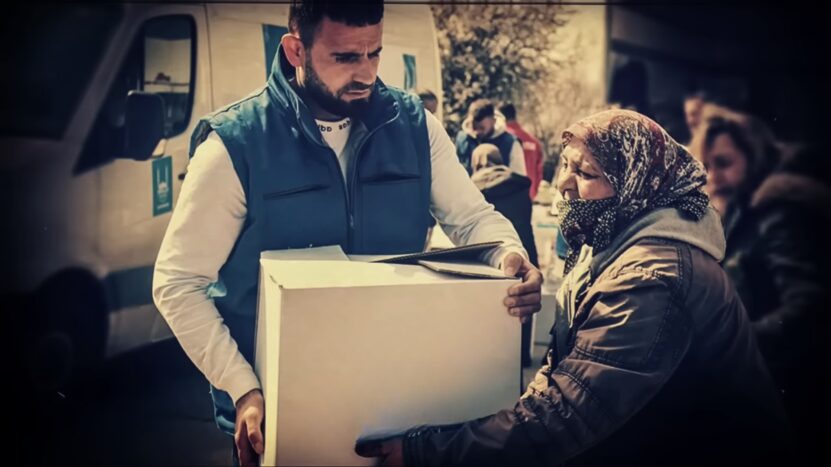
Kosovo declares itself a secular state, where religion and state are distinct entities. This separation is pivotal in maintaining a balance between the diverse influences and the political governance of the country.
The secular nature of the state ensures that religious beliefs do not interfere with legislative processes, allowing for equitable governance that respects the diversity of faiths present.
The commitment to secularism is enshrined in the constitution, ensuring the impartiality of the state in religious matters. It fosters an environment where all religions can coexist harmoniously, and individuals are free to practice their faith without imposition from the state.
The clear demarcation between religion and politics is indicative of the progressive and inclusive values that define the country.
Religious Influence on Political Thought
While the state maintains a secular stance, the values and principles of different religions do shape the moral and ethical frameworks of its citizens, and by extension, influence political thought and public opinion.
Institutions and leaders often play roles in shaping societal values and norms, which, in turn, reflect in the political ideologies of the populace. The influence of religion on political thought is subtle yet significant, acting as a moral compass guiding the ethical considerations and decisions of the people and the leaders.
The dialogues within communities often extend to discussions on governance, justice, and societal well-being, highlighting the interconnection between religion and politics despite the constitutional separation.
FAQs
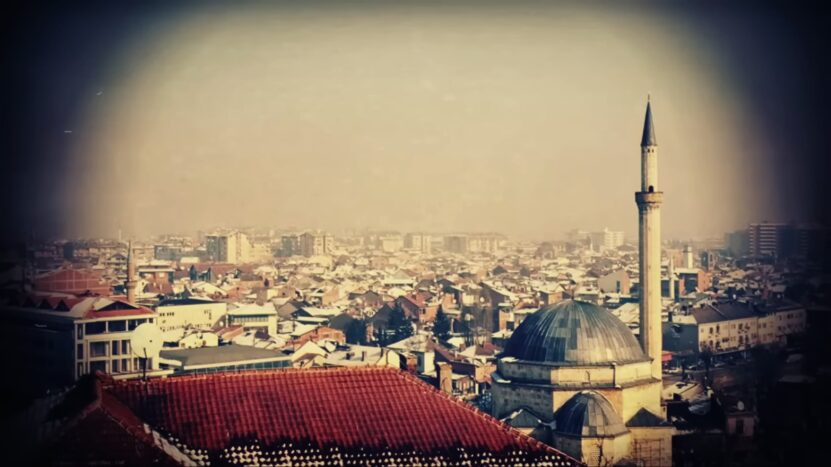
How can I learn more about the religious landscape in Kosovo?
To learn more about the religious landscape in Kosovo, you can refer to academic studies, reports from international organizations, and books that delve into the history and culture of the region. Additionally, you can explore Kosovo’s religious sites and engage in respectful conversations with local residents to gain firsthand insights.
Are there any UNESCO World Heritage Sites in Kosovo?
Yes, Kosovo is home to two UNESCO World Heritage Sites: the Visoki Dečani Monastery and the Patriarchate of Peć. Both sites are renowned for their historical and cultural significance.
Can I travel to Kosovo as a tourist?
Yes, Kosovo is open to tourists. It offers a rich cultural heritage, historical sites, and natural beauty, including the stunning Rugova Valley. Visitors are advised to check visa requirements and travel advisories before planning their trip.
What are some traditional dishes of Kosovo?
Kosovo boasts a diverse culinary tradition influenced by Albanian, Serbian, and Turkish cuisines. Some traditional dishes include “flija” (a layered pancake dish), “qebapa” (grilled minced meat), and “sarma” (stuffed cabbage rolls).
Epilogue
Despite the complexities and historical tensions related to religion, the region has made efforts to foster interfaith dialogue and peaceful coexistence among its various religious groups.
As with any discussion of religion, it is crucial to remember that individuals in Kosovo have diverse beliefs and practices, and their religious identity often intersects with their cultural and ethnic identities.

